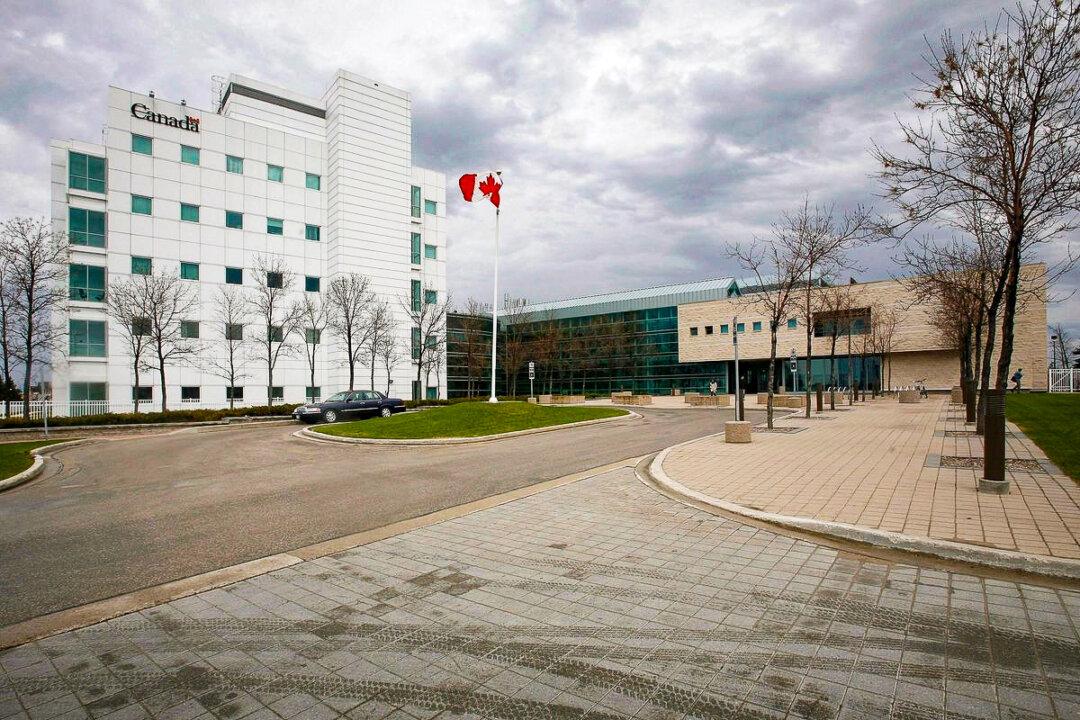A Tory motion to launch a parliamentary committee study on the recently revealed Winnipeg lab documents, which show serious security breaches at the high-level security facility, has not received support from Liberal and NDP MPs.
A special meeting of the Standing Committee on Access to Information, Privacy and Ethics (ETHI) was called on March 4 to discuss a motion from Tory MP Michael Chong.





